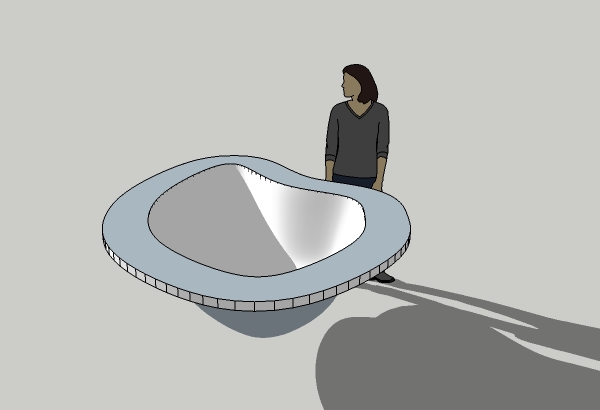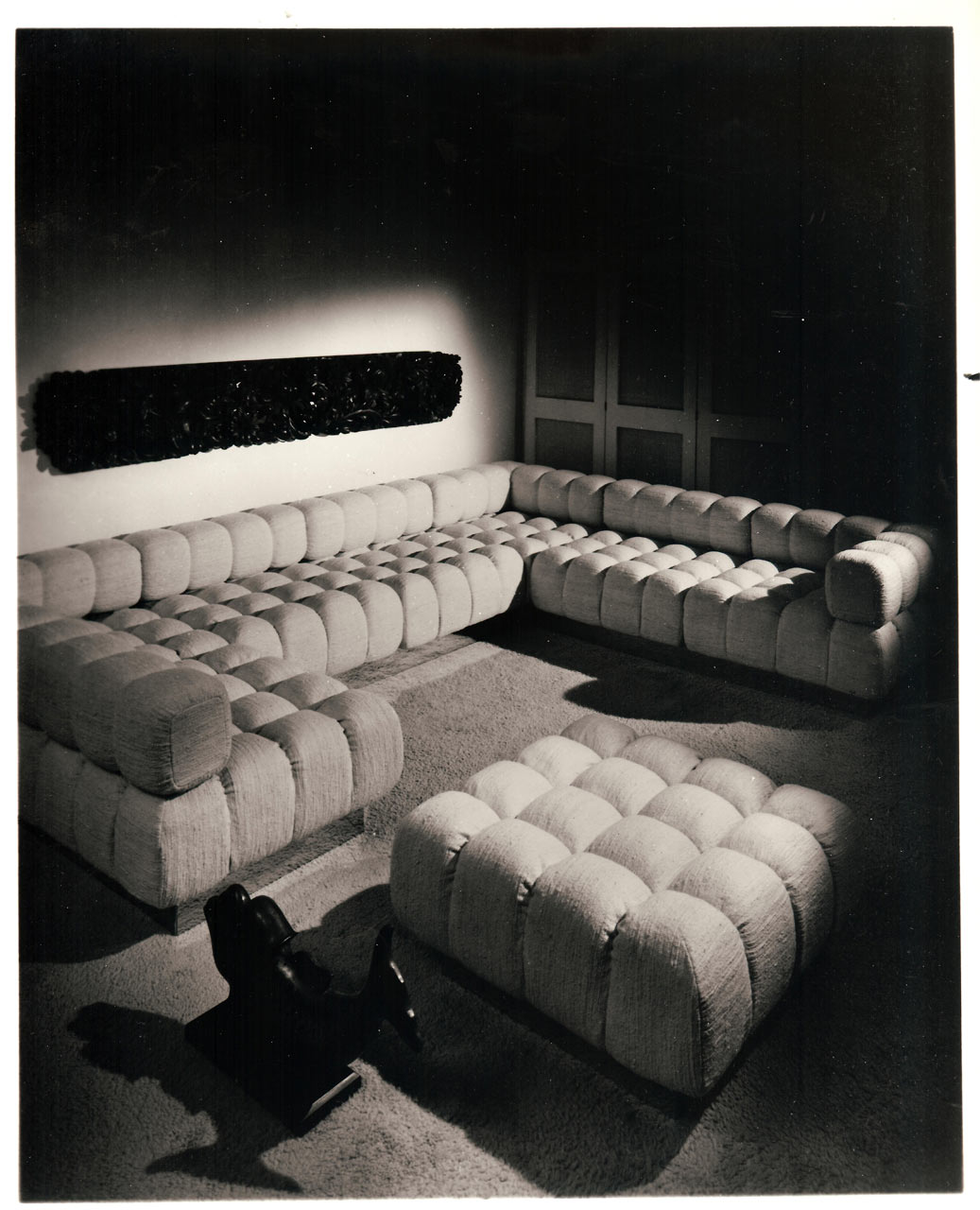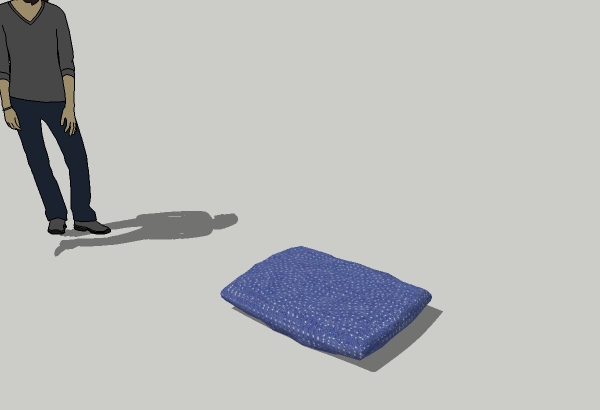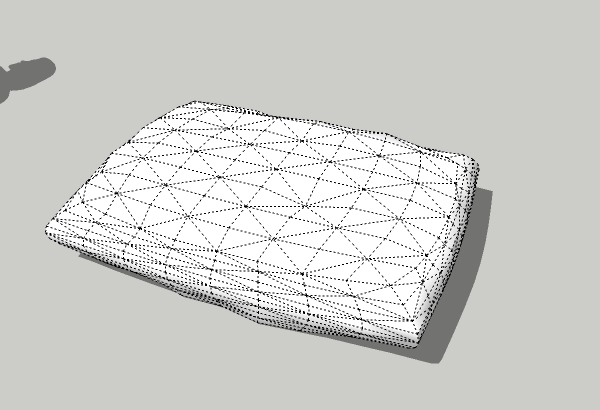Artisan Experiment
-
Nothing fancy. Just an experiment to get the hang of it.

-
You need an idea what to model? Here is a good model for you to try achieve.

-
Do you have a better picture?
-
what is it bryan? artisan is my favourite plugin to have some fun.
-
@olishea said:
what is it bryan? artisan is my favourite plugin to have some fun.
 It's nothing. Just a free form test.
It's nothing. Just a free form test.I am in fact, in the middle of designing something with it. I just posted this test for the heck of it and to show that I am learning it. It has nothing to do with the model I'm working on.
However, the thing I am designing is still just one step out my reach so I will fall back to something a little easier.
There are several good tutorials I will practice with. I'll post those results.
-
@bryan k said:
However, the thing I am designing is still just one step out my reach so I will fall back to something a little easier.
Need any help getting it to work?
-
@olishea said:
@bryan k said:
However, the thing I am designing is still just one step out my reach so I will fall back to something a little easier.
Need any help getting it to work?
Thanks for the offer Oli, but I think I just need to go through a few more tutorials. I've already done the ones on the Artisan website and they were very helpful. I've also watched most of the ones on the Tron lightcycle as well as a custom car. I'm going to watch the one on fabric folds and the tuck and pleat furniture.

-
Bryan, have you seen this thread?
Lots of great Artisan examples.http://sketchucation.com/forums/viewtopic.php?f=335%26amp;t=42938%26amp;hilit=cotty+artisan
-
@baz said:
Bryan, have you seen this thread?
Lots of great Artisan examples.http://sketchucation.com/forums/viewtopic.php?f=335%26amp;t=42938%26amp;hilit=cotty+artisan
Whoa! Jackpot!
Thank you!
-

-
@solo said:
You need an idea what to model? Here is a good model for you to try achieve.
[attachment=0:2ow4ucct]<!-- ia0 -->Harvey-Probber.jpg<!-- ia0 -->[/attachment:2ow4ucct]
Solo, that is the ugliest piece of furniture I think I've ever seen.
Worthy of a new thread? -
Simple pillow. (I didn't create enough quads... again
 )
)

-
You are getting somewhere!

-
You can't have an "Artisan Experiment" thread without showing the proxy and the mesh. Good work--look forward to more!
-
@pbacot said:
You can't have an "Artisan Experiment" thread without showing the proxy and the mesh. Good work--look forward to more!
Oops. You are right.
No first proxy picture, but easy enough to describe. It was just a box created using the additive Push/Pull. I then used the Artisan Crease tool and excepted the flat surfaces from smoothing while allowing all edges to smooth. Used setting "3" for subdivide.
I then manually depressed areas using the Sculpt tool at random with a -2" radius and very shallow depression.

-
If you model a standard loaf of bread with Artisan you will learn most of the basics of the Artisan process.
-
@xiombarg said:
If you model a standard loaf of bread with Artisan you will learn most of the basics of the Artisan process.
Good idea! Thank you.
-
@xiombarg said:
If you model a standard loaf of bread with Artisan you will learn most of the basics of the Artisan process.
I'm curious as to what a 'standard' loaf of bread looks like?
Perhaps you could illustrate.... -
Split tin loaf I imagine.

-
Advertisement







